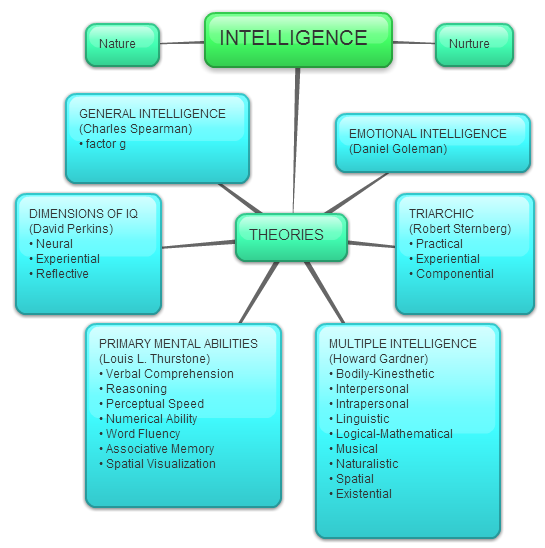“By learning, you will teach. By teaching, you will learn.”
– Latin Proverb
This course gave me a new perspective about learning and teaching. I learned that learning not just about acquiring knowledge while teaching is not just sharing knowledge.
As a student, I am usually an observer and consumer of information during discussions, rarely a contributor. I love reading and listening to ideas of other people and process them to help me with my own learning. As a teacher, I take the responsibility of transferring and sharing my knowledge and expertise to help my students conquer their fear and difficulties in learning.
Writing eJournal entries forced me, in a good way, to reflect, express my thoughts and process the knowledge I acquired in this course. It helped me monitor and evaluate my own learning. I am surprised how much meaningful article I was able to produce. Being able to create more than 30 entries in less than three months is not bad at all for a first-time blogger. Most importantly, it helped me conquer my fear in writing. As I mentioned in my earlier posts, I had hesitation creating a blog for several reasons (or excuses): I didn’t know what to write about, I have lost my writing skills since I haven’t written anything for a very long time, and I am not good expressing myself through writing in English (the lamest excuse I came up with!).
Knowing yourself and what you want helps a lot in selective learning. I will not perform a task just because I am required to do so. I will not accomplish an activity just because everyone is doing it. Being able to identify my strengths and weaknesses helped me strategically plan my learning and use them to my advantage.
Required tasks and activities help me identify the important concepts and ideas that I should learn in a given topic. Forum discussions keep me on the right track. Exercises and assignments reinforce my understanding and deep processing. Deadlines are reminders how much time and effort I should allot and exert, helping me to strategically plan and accomplish my goals on my own pace. Quizzes and tests assess and evaluate my learning.
Assignments, projects and other requirements can be stressful only if you allow them to stress you out. Finishing a task on time does not guarantee quality of work, in the same way that quantity of activities does not mean you will learn a lot.
All of these work together to help me apply all the concepts, ideas and theories I’ve learned in this course. Putting them to practice will help me become better and more effective learner and teacher. These will then help me to continuously improve and evaluate my current behavior, social skills, strategies to learn and teach, and change them, whenever necessary, so I can keep myself motivated and so I can critically and creatively think to create new knowledge and useful products in helping others learn and teach.
So far, I am very happy and satisfied with what I have learned and am still learning in this course. And for that, I am very thankful for every person who contributes, motivates, believes and helps me go through this course.
There will come a point in your life when you want to learn because… well, you just want to learn. Gone are the days when my motivation to study is driven by getting perfect test scores, high grades, fancy degrees and numerous academic awards. And by “study”, I mean going through tons of memorization, a number of sleepless nights cramming for exams and accomplishing every requirement, and other exhausting and stressful forms of “shallow” learning.
Now, I want to learn for learning’s sake. All the time, efforts and resources will not go to waste and will be spent in continuously improving myself. I was given the ability to share knowledge and the capacity to learn and there’s nothing more fulfilling than being able to utilize them in helping others experience learning, improve themselves and succeed in life.

